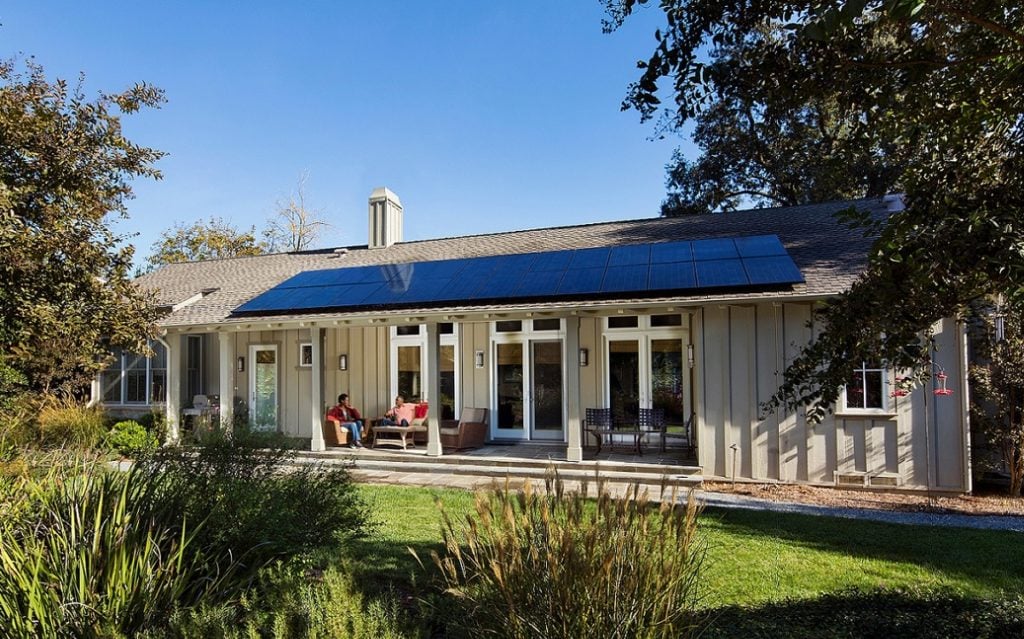
The California Public Utilities Commission (CPUC) has decided to indefinitely delay its decision on controversial changes to the state’s net metering laws, according to reports and a Solar Energy Industries Association (SEIA) statement.
Dubbed NEM 3.0, new scheme would have slashed solar export credits by about 80% and added a US$57 per month fixed charge for the average residential system that is partially offset by a US$15 per month credit for ten years.
Unlock unlimited access for 12 whole months of distinctive global analysis
Photovoltaics International is now included.
- Regular insight and analysis of the industry’s biggest developments
- In-depth interviews with the industry’s leading figures
- Unlimited digital access to the PV Tech Power journal catalogue
- Unlimited digital access to the Photovoltaics International journal catalogue
- Access to more than 1,000 technical papers
- Discounts on Solar Media’s portfolio of events, in-person and virtual
“The proposed decision never made sense for a host of reasons,” said SEIA vice president of state and regulatory affairs Sean Gallagher as he welcomed the decision.
The CPUC hasn’t released an official statement yet but POLITCO’s Colby Bermel tweeted a statement from Kelly Hymes, an administrative law judge at CPUC, which said that the decision “would not appear on the Commission’s voting meeting agenda until further notice”.
NEW: Calif. regulators say their proposal to slash rooftop solar benefits won't be taken up for a vote "until further notice."
— Colby Bermel (@ColbyBermel) February 3, 2022
CPUC President Reynolds, appointed in November, "has requested additional time to analyze the record and consider revisions."https://t.co/XHBXDDJx8x pic.twitter.com/RRahM81Xfr
Research organisation Wood Mackenzie warned the changes, proposed by the CPUC in December 2021, would severely reduce residential PV’s value proposition in California, cutting its solar market in half by 2024.
The proposals have been widely criticised by the solar industry and climate campaigners alike. Energy economist and net metering expert Ahmad Faruqui described them as “regressive and out of touch with reality”.
“It would have compromised the reliability of California’s electricity delivery system, harmed California’s effort to tackle climate change and cut jobs and economic opportunities for all Californians,” said Gallagher.
“The increased costs and loss of demand for solar also would have made solar less accessible to moderate- and low-income families.”
The announcement will be well received from solar installers with major operations in California, such as Sunrun, SunPower and Tesla.
It won’t come as a massive surprise however after California governor Gavin Newsom, on 11 January, said there was “more work to be done” on the state’s net metering laws and that “changes need to be made”.
More to follow…







